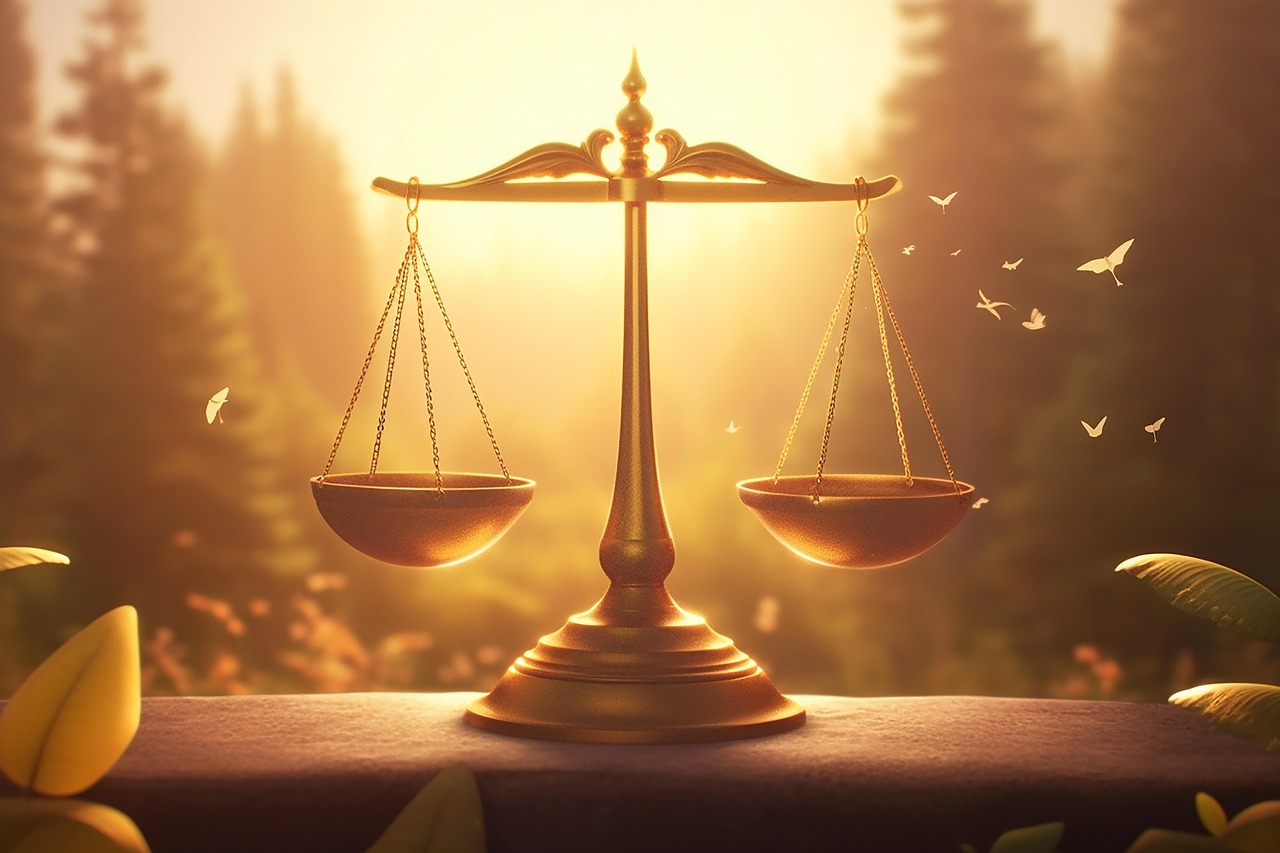Quranic Teachings on Justice and Fairness
Concept of Justice in the Quran
Divine Justice
The Quranic concept of justice begins with the belief in Allah's absolute justice. Muslims believe that Allah is the ultimate Judge who is fair, impartial, and free from any form of bias. This belief forms the basis for human understanding and implementation of justice.
Justice in Human Relations
The Quran instructs believers to uphold justice in all dealings and interactions with others, regardless of their faith, ethnicity, or social status. Surah An-Nisa (4:135) states, "O you who have believed, be persistently standing firm in justice, witnesses for Allah, even if it be against yourselves or parents and relatives."
Fairness as a Guiding Principle
Equity and Fair Treatment
Fairness, often synonymous with equity, is emphasized throughout the Quran. Muslims are encouraged to treat others with fairness and kindness, as exemplified in Surah Al-Baqarah (2:177), which states, "It is not righteousness that you turn your faces towards the east or the west, but righteousness is in one who believes in Allah, the Last Day, the Angels, the Book, and the Prophets, and gives his wealth, in spite of love for it, to relatives, orphans, the needy, the traveler, those who ask [for help], and for freeing slaves."
Avoiding Oppression
The Quran unequivocally condemns oppression in all its forms and commands believers to stand against injustice. Surah Ash-Shura (42:42) emphasizes this by stating, "The recompense for an injury is an injury equal thereto: but if a person forgives and makes reconciliation, his reward is due from Allah: for Allah loves not those who do wrong."
Application of Justice and Fairness in Society
Judicial System
Islamic jurisprudence (Fiqh) places a strong emphasis on justice in legal matters. The Quran instructs judges and rulers to adjudicate with fairness and integrity, ensuring the rights of all individuals are protected. Surah An-Nisa (4:58) states, "Indeed, Allah commands you to render trusts to whom they are due and when you judge between people, to judge with justice."
Social Welfare and Charity
Fairness extends to economic and social spheres as well. Muslims are encouraged to practice charity (Zakat) and engage in acts of kindness and generosity. Surah Al-Hajj (22:41) reminds believers of their duty towards the less fortunate, "Those who, if We give them authority in the land, establish prayer and give zakah and enjoin what is right and forbid what is wrong."
Conclusion: Upholding Justice and Fairness
In conclusion, the Quranic teachings on justice and fairness provide a comprehensive framework for ethical conduct and societal harmony. Muslims are called upon to embody these principles in their daily lives, promoting a world where justice and fairness prevail for all.


